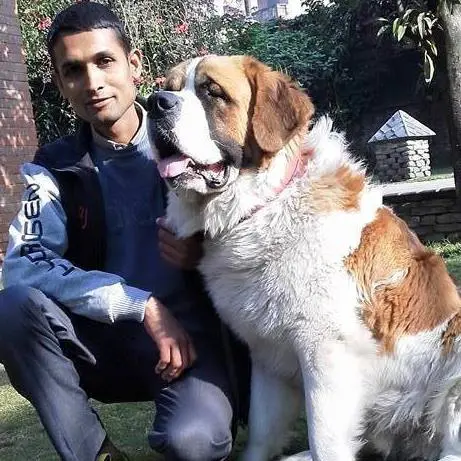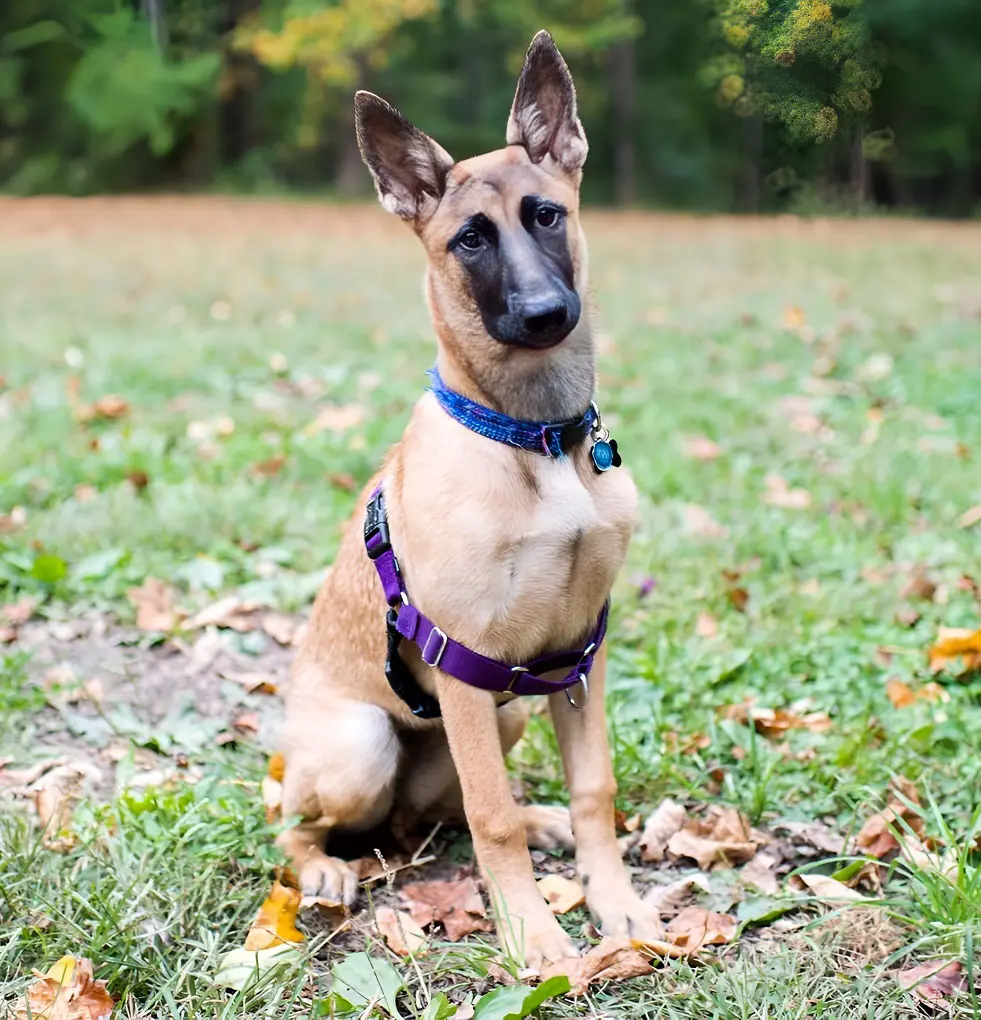Why Is My Dog Not Sleeping: 15 Ways To Make A Dog Sleep
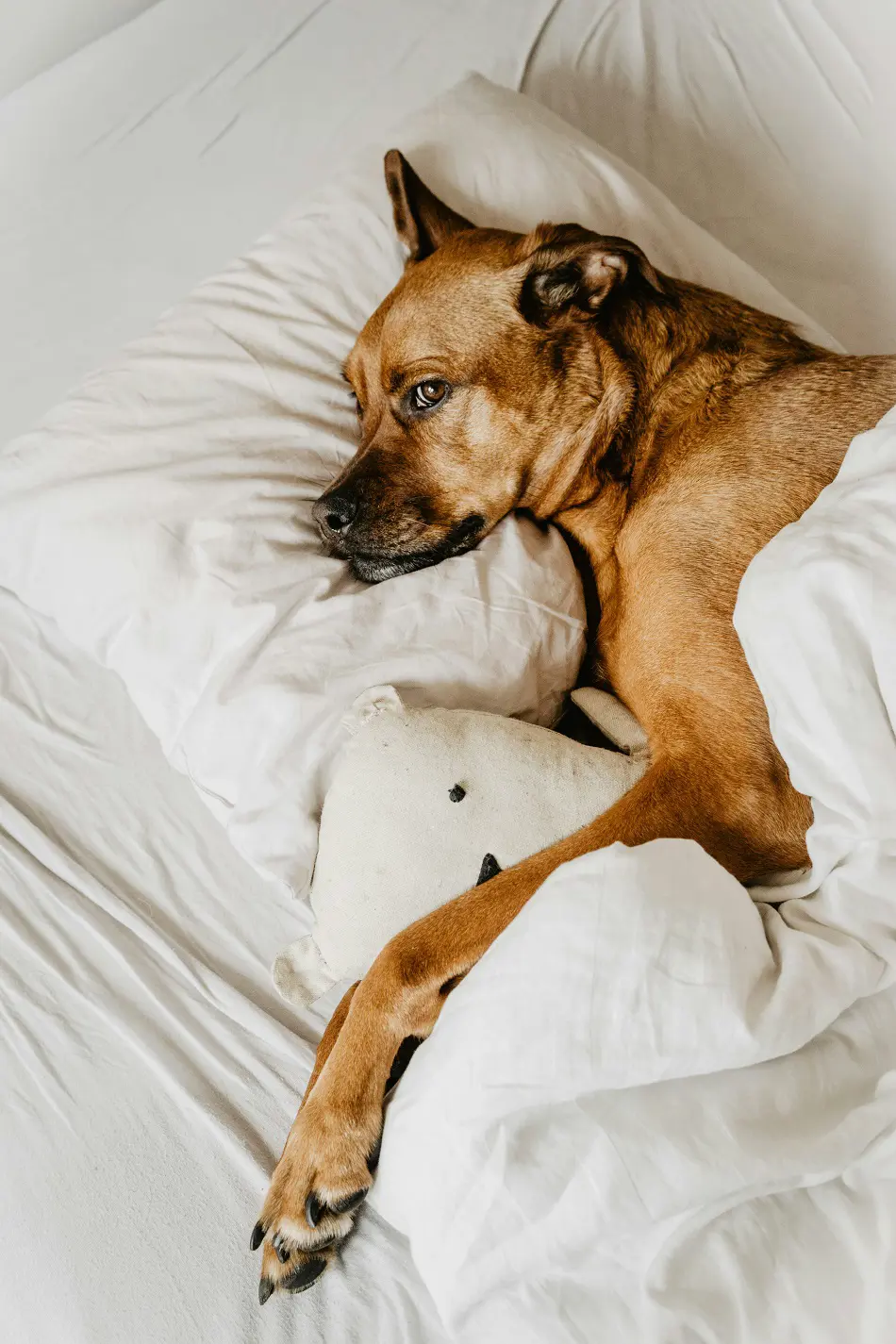
Getting your dog to settle down and sleep peacefully can be a challenge, especially with their boundless energy and curiosity. Establishing a relaxing bedtime routine and creating a comfortable environment are key steps to help your furry friend wind down.
Here we will explain why dogs are not sleeping at night and how to make them sleep instantly.
Why Is My Dog Not Sleeping?
Adult dogs generally sleep 12 to 18 hours for 24 hours. If your dogs seem to be restless and awake most of the night send you the message, that they are uncomfortable, stressed, and they are not tired enough to sleep through the night.
Although puppies need more sleep than adult dogs, they sleep for short periods and awaken multiple times due to their burst of puppy energy. Let's explore why your puppy and adult dogs are not sleeping, which may help to manage the well-being of your canine friends.
1. Anxiety and Stress
2. Physical Discomfort
3. Lack of Exercise
4. Environmental Factors
5. Behavioural problems
6. Medical conditions
7. Sleep and Age-Related Changes
8. Dietary Factors
9. Routine Changes
How To Make A Dog Sleep?

If all the above-given reasons are found in your dogs and your dogs show insomnia during nighttime, then you need to act quickly. Once you acknowledge the reasons behind your dog's sleep trouble, you can adjust your canine friend's daily routine, and eliminate the factors which are causing the restlessness.
Here are some ways you can consider to make your dogs sleep better at night. It may take planning, but it is worth it for your canine companion.
1. Strict Routine
Dogs love routines, so any change in their routine will affect their sleeping pattern The time of the day routine runs psychologically with the dogs, who after that feel a bit more secure and relaxed in their lives, able to believe that there will always be a tomorrow, hence helping with sleep.
Keep feeding, toileting, and exercising as much as possible at the usual times of the day. If any change is necessary, do it in very small steps or increments so the dog becomes used to it.
A good routine can work wonders, he associates these activities with cooling down and getting set to sleep, making it easier to relax and rest. This way, your dog understands that it is time to cool down and sleep.
2. Give Them A Comfortable Sleeping Area
The environment during sleep is usually conducive to allowing the dog to take a good rest. Factors such as noise, temperature, and lighting have multiple impacts on the dog and its sleeping. For example, a room that is either excessively hot or extremely cold or which has extreme lighting and noise will take away some moments of good, peaceful sleep from the dog.
An ideal sleep environment for dog preparation is free from noise and disturbances, allowing the dog to take a rest. It could also mean setting up a specific sleeping place for a dog in areas with people sleeping in a home, putting blackout curtains to shield from the light, and keeping a room comfortably cool.
Watch the temperature and lighting in any sleeping area. Make sure not to let rooms get too hot or too cold, and the deployment of blackout curtains can help create a dark, soothing space. A quiet and nesting area for your dog will help it relax and settle down to sleep.
3. Keep Your Dog Exercised

If not worked out properly or if not given the right kind of exercise throughout the day, dogs may find it hard to catch up on some sleep at night. Insufficient exercise most of the time leads to unburned energy, making the dog restless and unable to sit and sleep.
A dog needs to have regular exercise for general good health, it can also help a dog be able to get to sleep better at night. This is because a dog will more readily become tired and therefore be more likely to go to sleep. The amount and type of exercise necessary will depend upon factors such as the age, breed, size, and individual energy level of the dog.
Engage the dog in active exercises, play activities, or interactive games daily. High-energy dogs would be ideal matches for running, hiking, or agility. All this can make your dog tired and hence lead to a good sleep.
4. Mental Stimulation
Certain behavioral problems like unnecessary barking, digging, or pacing can also cause sleep disturbances in dogs. The problem behind this could be molded by mere boredom, separation anxiety, or even some underlying medical conditions.
Dogs need mental stimulation to help wear them out and tire the mind out properly for sleep. Keep your dog's mind exercised by using puzzle toys, training activities, and games that get him to think. Dogs are happy when they can exercise their minds in whatever way possible.
This stimulation can help avoid much of the negative behavior associated with being bored, as well as some behaviors that might be disruptive to sleeping, like excessive barking or restlessness. If you mentally stimulate your dog throughout the day, then the right chemicals are creating balance in the mind, which will help him fall asleep easier at bedtime.
5. Use Calming Aids
There will be many moments when dogs will get anxious and stressed out of their minds which is going to interfere with the pattern of their sleep. Relocation, the addition of a new person in the house, or natural events like thunderstorms and fireworks are likely to make a dog anxious.
Using Calming Aids works very well to create a stress-free environment for your pooch. This may be most effective for dogs with increased anxiety. Things like pheromone diffusers, calming collars, and sprays mimic natural calming signals and help the dog keep himself safe and calm.
Other soothing aids might be dietary supplements formulated with chamomile, valerian root, or CBD for anxiety management and assisting with sleep. Most are given orally to help relax and perhaps induce sleep in the dog. Administer any new supplements in consultation with your veterinarian to make sure they are safe and appropriate.
6. Play Music
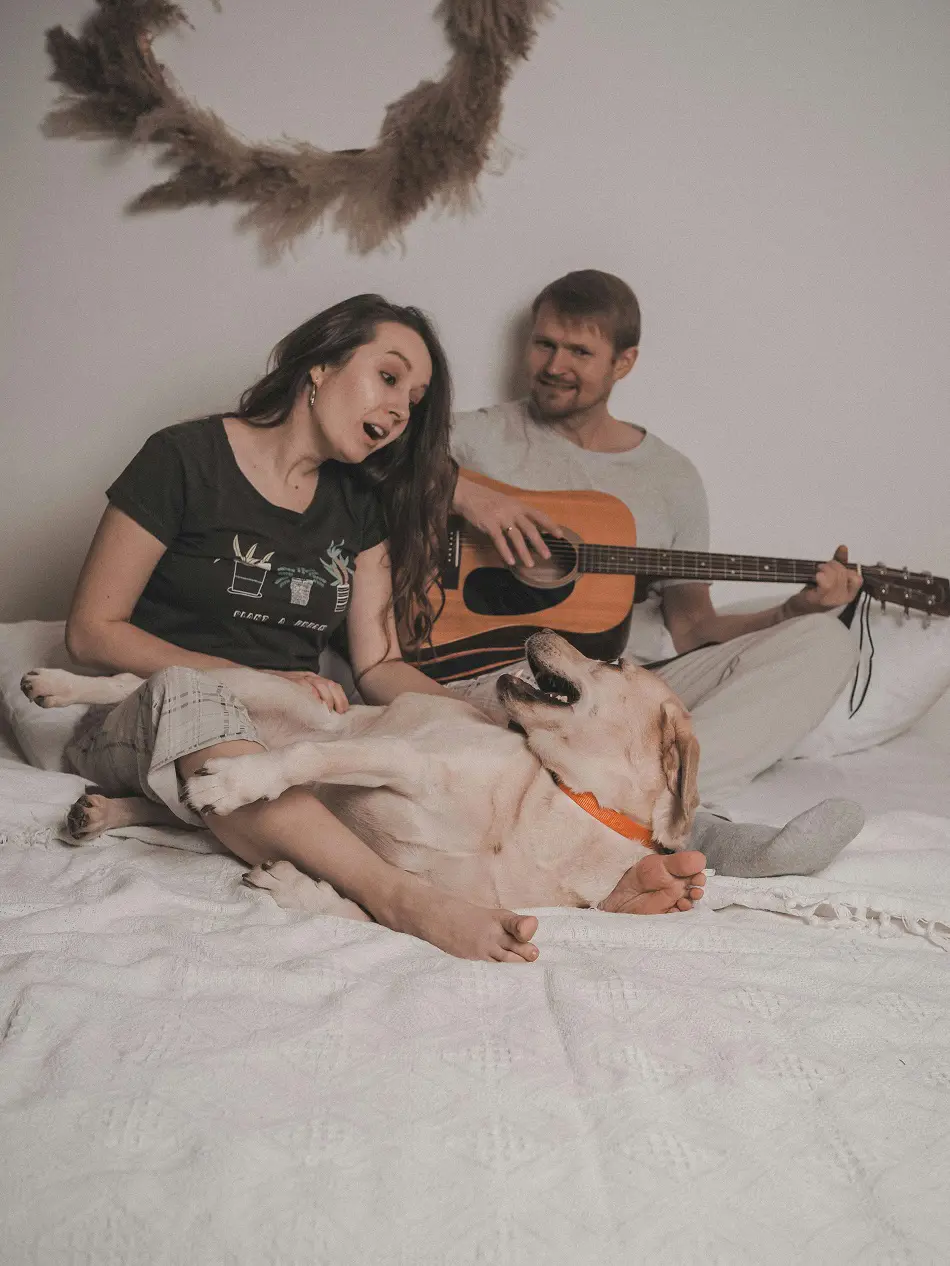
White Noise Soft music, or white noise altogether, can drown out disturbing sounds and subdue the background for your dog. This works very significantly, as many dogs find classical or designed pet music very soothing, giving them a relaxed mood that makes them fall asleep.
White noise emitters are also a fabulous way to soften the background commotions that could disrupt your dog from such things as bad traffic, neighbors, or other pets. You can find the sound that works for your dog, and maybe include it in your bedtime routine.
7. Offer A Final Potty Break
Can you make sure your dog has its final potty break before bed? If not, it will wake you up to pee in the middle of the night. Take your dog out one last time before you go to bed, and then put your dog to bed.
This would help a dog learn the bedtime routine of emptying the bladder before it's time to go to sleep, it created the habit for them for the future. It will sleep easily through the night, and you must be likely to get enough rest.
8. Provide Good Nutrition
The type of sleep that your dog will get is also affected by a well-balanced diet. Proper feeding and a diet based on healthy foods will go a long way with general health, which will improve the sleep of the dog.
It is important to make sure that your dog is not fed near bedtime, so it won't have some digestive discomfort. If your dogs eat food that is harder to digest before sleep, foods high in sugar and caffeine content may impact their sleep cycle.
Certain foods and treats could calm your dog, like those containing tryptophan, which is in Turkey and acts like a natural sedative. Talk with your veterinarian about dietary strategies that will best support your dog's sleep needs and, in general, boost your dog's health.
9. Calming Bedtime Routine
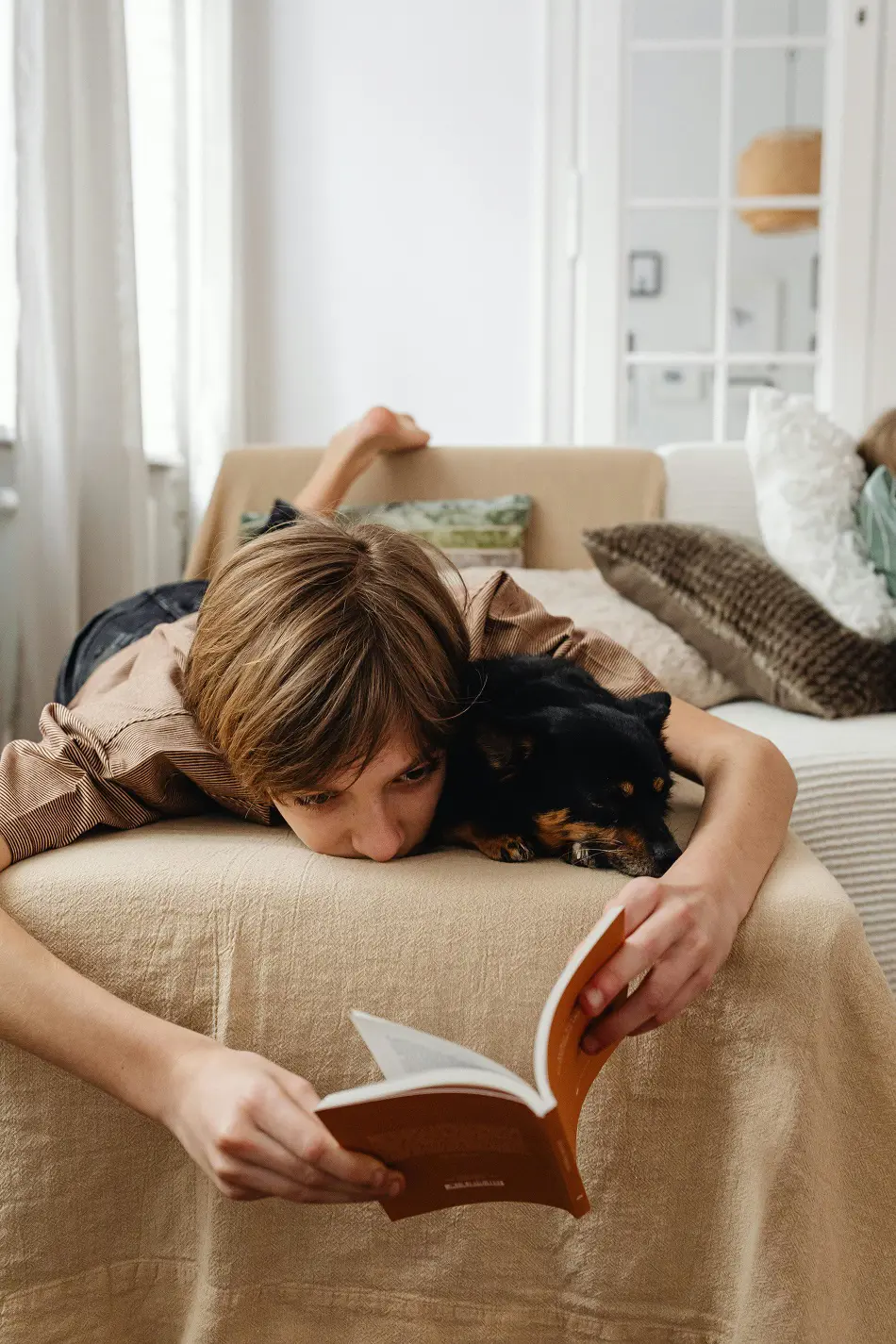
Bedtime Routine If humans need this, then surely dogs benefit from this as well. Set up a series of calming rituals that your dog will recognize as a signal to start winding down. This can include quiet petting, gentle brushing, and quiet play with a favorite toy.
A predictable pre-bedtime routine can help your dog drop more easily from all the daytime activities to entering a wind-down time, making it easy for him to fall asleep. Your dog will soon begin to associate these activities with bedtime, and it will seem effortless.
10. Solve Anxiety Problems
If it is affected by anxiety, the dog remains always on the move and so does not get to sleep and this would mean a sleepless cycle, which could only heighten the level of anxiety of that affected dog. This is a loop of sleep and anxiety which needs professional solutions.
If the dog you are raising is suffering from anxiety, it will give you no chance to deal with sleep. You should identify the cause of the anxiety. Perhaps you will need to change your surroundings, offer comfort items, or use anxiety-ridding tools.
What is true is that the more serious the condition, the more the vet or certified dog behaviorist's advice will produce new insights and likely solutions. A more calm and confident dog results from successful management of anxiety so arguably the quality of the sleep may improve.
11. Aromatherapy
Aromatherapy may become a kind of remedy in your dog's falling asleep and having proper rest. At least some kinds of essential oils, such as lavender and chamomile, are famous for their sedative effect and are safe for your pet. You can diffuse them in a room in which your dog is sleeping or apply some diluted versions on their bed. Gentle, calming fragrances will help your dog know it's time to begin winding down and catching some sleep.
Aromatherapy should be practiced with caution since dogs' sense of smell is so much keener than that of humans, and some essential oils are dangerous for them. Only high-quality, dog-safe essential oils should be used, and make sure to dilute properly to avoid allergic reactions. Done right, aromatherapy is one of the great tools whereby you can help in improving your dog's sleep routine and, his general well-being.
12. Keep Your Dog Hydrated
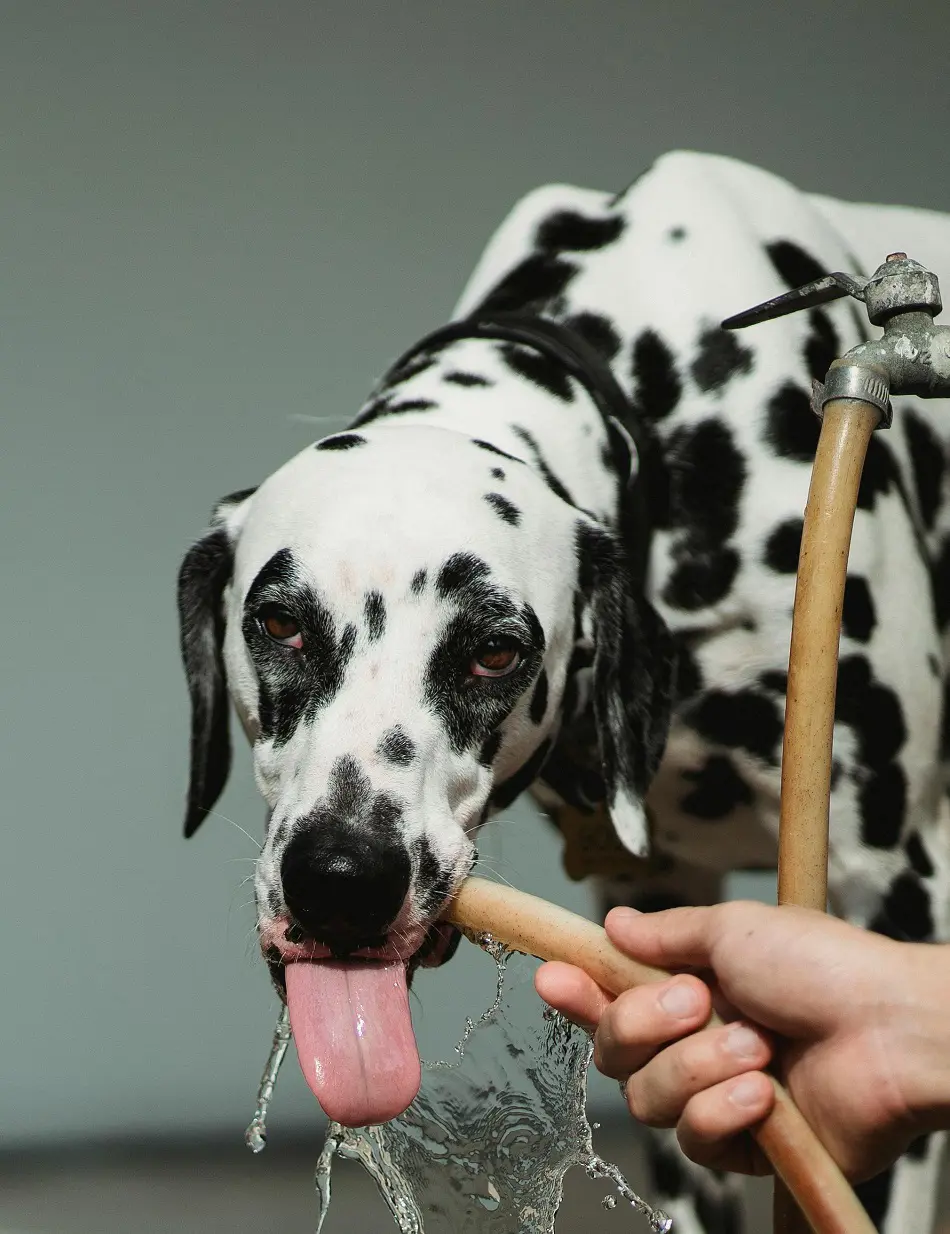
Proper hydration is necessary for overall well-being, including sleep. Make a point of offering your dog plenty of fresh water throughout the day, but limit access an hour or so before bedtime to prevent most nighttime bathroom urges.
Keep several bowls of water throughout the home, avoid playtime at the hottest points of the daytime, have your pet drink water every time you drink water, give them enough soup, and bring water every time you travel with your pet.
Ensure your dog drinks a lot of water, especially when the weather is hot or after plenty of exercise. Proper hydration supports bodily functions and can contribute to a restful night's sleep
13. Items Of comfort
Providing items that will make your dog comfortable is probably the most useful way to make your dog sleep better. You might even want to give your dog a blanket or maybe one of your articles of clothing. Dogs find comfort through smell, so the smell of the owner being close might have a comforting effect on the dog.
Additionally, specially-made weighted blankets for dogs can also impart a feeling of calmness, much like they do for humans. Much like this, the slight pressure that the blankets exert on their body helps alleviate anxiety and will eventually help the dog fall asleep and get a good night's rest.
Most dogs have an affection for one or another toy, which can provide them with some comfort, companionship, and security. Placing puppies on a toy with a heartbeat sound can create the idea of the mother's presence, therefore reducing separation anxiety and promoting better sleep.
14. Offer A Noise-Free Environment
An environment filled with noise may cause disturbances in the dog's sleep. Reduce noise by creating a place for the dog to sleep inside your house, and keep it away from activities and excessive movement in the house. Consider using white noise machines or playing soothing music to mask any outside noise.
Where to place your dog's bed also has to be considered, away from frequent or unnecessary disturbances such as near a window or a door. This would help ensure quietness in his sleeping place, and this would make him very restful, giving him unbeatable sleep.
15. Visit a Veterinarian

If all turns out to be of no help and if your dog still does not let you sleep, then you should visit a vet. Sometimes, disorders while sleeping can be an indication of some other underlying health problem that might require professional help. Only a veterinarian can perform a physical exam to rule out any medical condition.
The vet will also be able to give you more specialized advice and ideas on treatments that are more specialized to your dog. There might be a change in diet, the addition of supplements, or simply ways the dog can be worked out to relax. The combined effect on your dog's ability to sleep is paramount to its quality of life.
Top Lists
